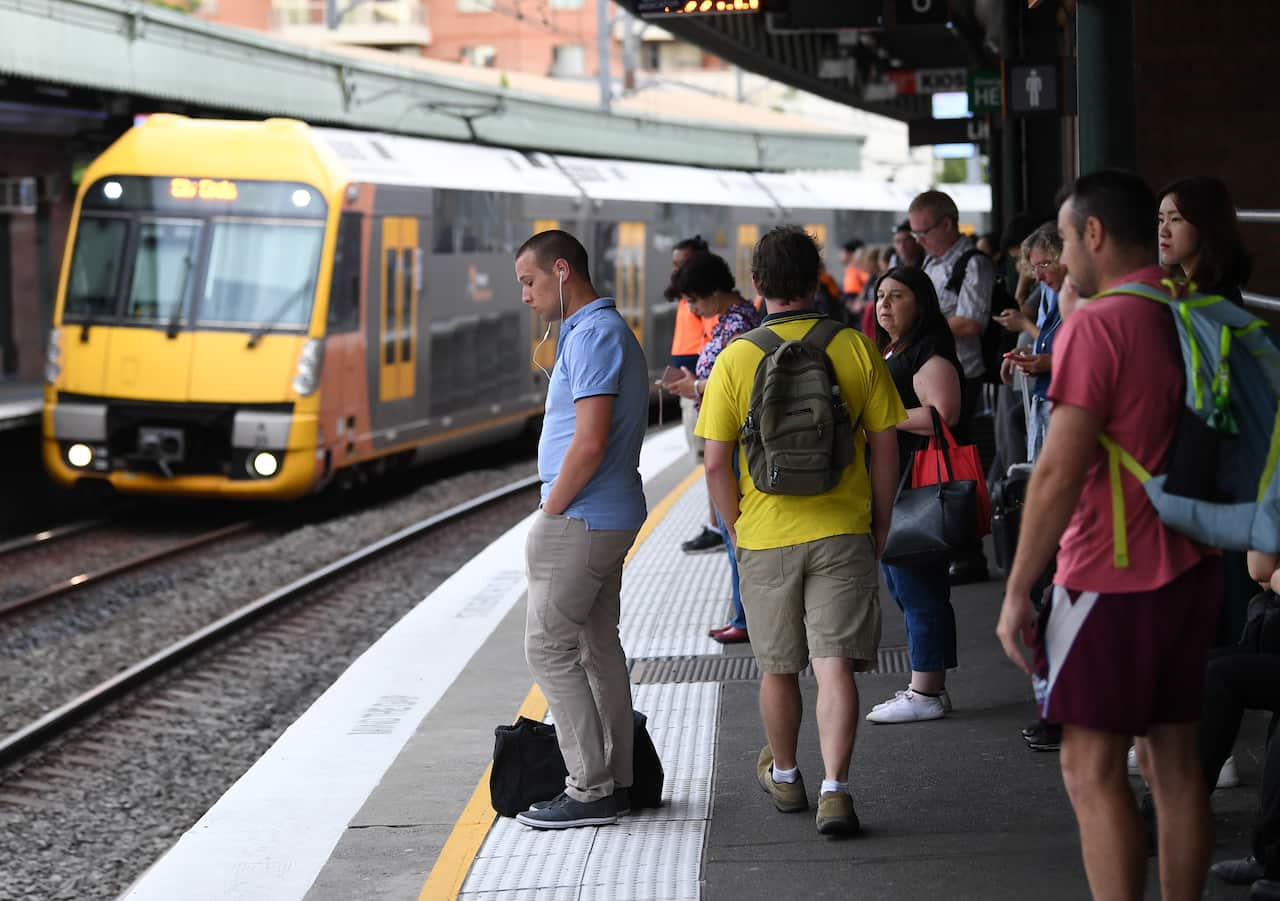Cleaners on our trains are refusing to clean up vomit, urine, faeces or any other hazardous waste as part of the latest protected industrial action at Sydney and NSW Trains.
Rail, Tram and Bus Union (RTBU) Secretary, Alex Claassens, said the ban on hazardous waste clean up, which came into place on Thursday and will run indefinitely, follows a refusal by management and the NSW Government to provide cleaners and station staff with a basic entitlements when faced with hazardous waste and graffiti.
“Most people would be horrified by the things our trains cleaners are forced to clean up every day. Cleaning up urine, faeces, vomit and worse is unfortunately a regular occurrence for our hard-working train and station cleaners,” Mr Claassens said.
“As part of our current enterprise agreement negotiations, we’re asking for staff tasked with these duties to have access to a small graffiti, respirator and hazardous waste allowance. These are not big asks, but it is the kind of thing we’re seeing push back on from management and the government.
“The disrespect management and the NSW Government is showing our cleaners is an example of the disrespect being shown to rail workers across the board.
“Our rail workers – not least of all our cleaners – have worked harder than ever in recent months and years to keep our community safe. They deserve more than just a pat on the back from the government.
“The ball is in the NSW Government’s court at the moment. Cleaners, and other rail workers, don’t want to have to take actions like this, but we haven’t been left with any other option.”
The RTBU is currently in discussions with members following the NSW Government’s secretive Expenditure Review Committee’s failure to consider the ‘package’ of claims relating to Sydney and NSW Trains workers recently. The ‘package’, which the RTBU has not seen detail of, is said to include changes to the New InterCity Fleet and claims agreed to by Transport for NSW during enterprise bargaining.
RTBU (2022)

One thought on “Vomit, faeces, and urine ban on trains and stations”